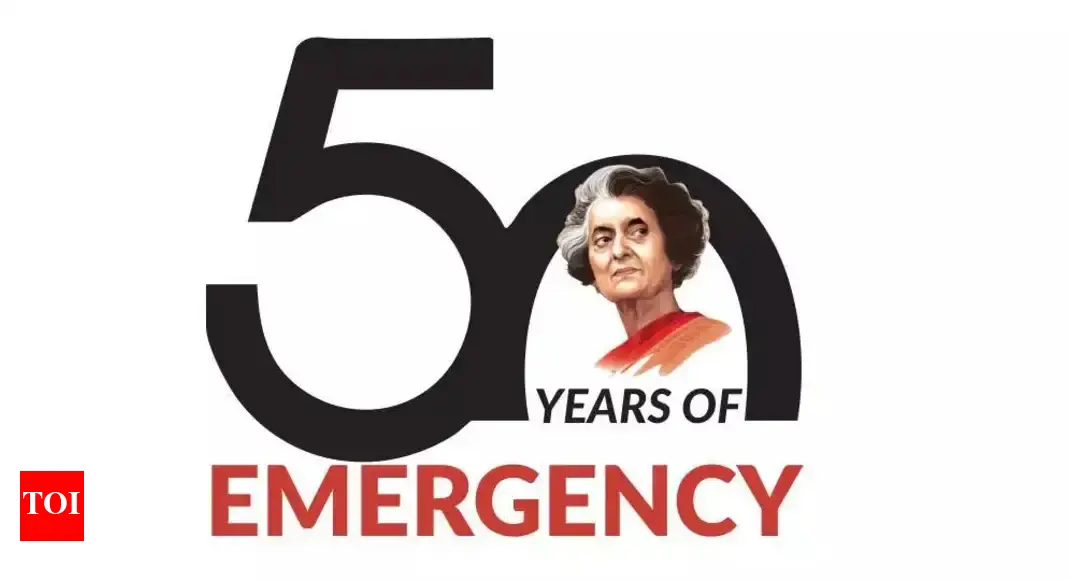
Arrest, jail time and firm resolve: Survivors recall how they resisted Emergency | Nagpur News
How did your country report this? Share your view in the comments.
Diverging Reports Breakdown
Arrest, jail time and firm resolve: Survivors recall how they resisted Emergency
Gangadharrao Barde, now 70, still remembers the stench of the jail food. Vasant Deopujari, 98, struggles without a hearing aid, but every detail of those dark days is preserved in his diary. Arun Puranik, an RBI employee, was arrested from his office. Malti Badiye, then 22 with two small children was arrested. Shripad Risaldar, another former detainee, said their resolve was shaped by the value of freedom taught in school. “When we saw our personal freedom slipping away, we stepped out on the streets,” he said.
2
3
Nagpur: Gangadharrao Barde, now 70, still remembers the stench of the jail food, the hanging of prisoners — convicted in different crimes — just cells away, and the voice of a fellow inmate Gangadharrao Fadnavis, father of CM Devendra Fadnavis, telling him with a half-smile, “We’re in jail, not at home. “At 98, Vasant Deopujari of South Ambazari struggles without a hearing aid, but every detail of those dark days is preserved in his diary — and in the quiet strength passed down to his son.Half a century after the Emergency that shook thousands across the country, survivors in Nagpur continue to bear the scars — some emotional, some etched in personal journals, and others preserved in fading but vivid memories.Barde, who was just 19 when he was jailed in August 1975, recalled being one of six young protesters arrested at Maskasath Pulia Chowk. “We were distributing pamphlets and demanding the release of leaders like Morarji Desai and JP Narayan when they picked us up. We were jailed for over 1.5 years. I still remember witnessing two hangings — it was terrifying.”He recounted an exchange with Gangadharrao Fadnavis inside Central Jail. “I complained about the poor quality of food, and he joked, ‘We’re in jail, not at home.’ But beyond that humour, he constantly inspired us to stay strong.”For 63-year-old Parag Deopujari, son of Vasant, the Emergency meant growing up alone. “I was in Class 9 when my father, mother, and two elder brothers were all arrested. I stayed home by myself. My mother was released in a month, my brothers after that but my father stayed in jail until 1977.”The trauma spread across families. Arun Puranik, an RBI employee, was arrested from his office. His wife recalled how his adoptive mother died from the shock. “He was allowed out only for a few hours to perform her last rites,” she said. Suspended from his job, the family had no idea if Puranik would return.Shripad Risaldar, another former detainee, said their resolve was shaped by the value of freedom taught in school. “At first we were afraid to speak out. But when we saw our personal freedom slipping away, we stepped out on the streets.”He added that the authorities tried to break them with threats. “They told us we’d never get jobs again. But we felt if we buckled under pressure, history would never forgive us.”Even young mothers weren’t spared. Malti Badiye, then 22 with two small children, was arrested. “Tiffins sent from outside were opened, notes were removed, sometimes the food never reached us,” she said.
